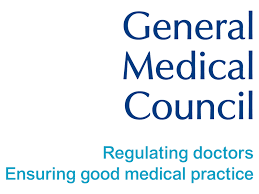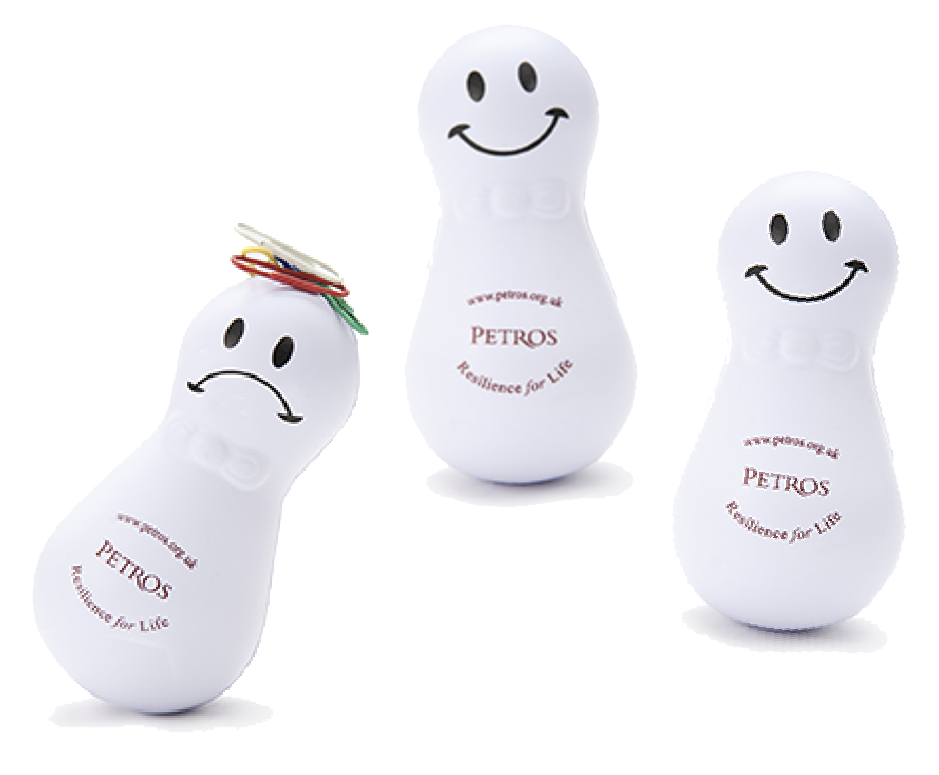- Mental health awareness – Interacting with those who have mental health challenges (either colleagues or work associates) and how to recognise/understand how conditions can impact behaviour.
- Managing challenging interactions (face to face and by telephone).
- Building resilience
- Team and individual Decompression Sessions for those in the front line of potential trauma
MindHealth for Managers: how to manage and support staff to maintain good psychological health at work and how to support those with pre-existing mental health conditions. This is done through the introduction of an empirically tested resilience model and a ‘lived-experience’ case study. Due to its exceptional impact instilling confidence in Managers to enable their staff to feel settled and safe, the programme has been adopted as a mandatory training module within the GMC.

100% of Mind Health for Managers participants rated the course ‘excellent’, here’s what they had to say:
“I think the most useful thing was being advised and empowered to broach the topic with individuals you manage and some tips on how to do that…”
“I very rarely write this about training courses but the whole thing was incredibly useful, extremely well organised and the presenters were excellent!” GMC testimonial
“Petros has been instrumental in driving our focus on improving and supporting mental health and wellbeing over the past five years. Their courses and services are engaging and feature practical skills and knowledge which colleagues can apply to work and personal lives, regularly scoring 90%-95%+ for content and trainers. The impact is evidenced through improvement in our staff survey question, “The GMC cares about my wellbeing”. In 2015 78% of responses were positive (agree or strongly agree). In 2020 the same question scored over 90%. The courses also form a vital part of our Health and Wellbeing strategy, launched in 2020.
“As we continue to break down the stigma around mental health, we have also seen a fall in the use of “Other” in classifying sickness absence instances from 4.75% of instances (or 7.17% of total days) in 2015 to 2.30% (or 6.33% of total days) in 2020. This has allowed us to better understand the causes of sickness absence and consider other actions we can put in place to support our colleagues.
“Petros expertise in the field of mental health have really helped us support our colleagues practically with sessions like Building Resilience and Decompression Sessions for critical role holders, but also in less obvious ways through their support in developing our policies and procedures around mental health.”





